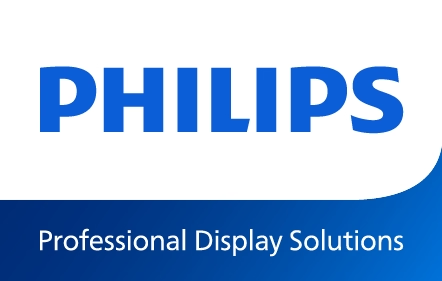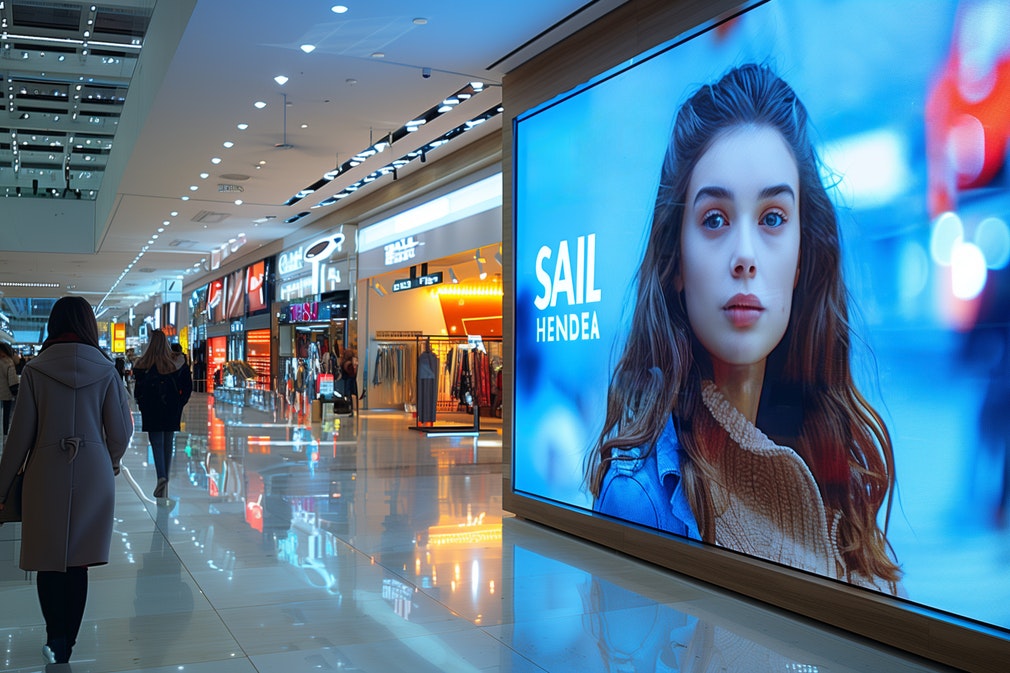Zeroing in on energy savings for retailers – better for customers, better for business
Sustainability is fast becoming a critical factor for consumers, with many choosing brands based on their ESG credentials, even ahead of price. Some savvy retailers have led the way in developing sustainable goods, services and practices, and now, in order to meet the demand, many more are stepping up to showcase their eco-friendly initiatives.
Tim de Ruiter, Business Development Director for Retail at PPDS, explores two of the latest trends, and how Philips Professional Displays can be installed to support them.
Energy efficient, future friendly store designs
Most important in showcasing a more sustainable approach to business is to build from the inside out – developing processes, practices and places that are more energy efficient, and therefore more environmentally friendly.
With this in mind, many retailers are redesigning their stores to include the use of LED lighting, choosing renewable energy sources, such as solar panels, and incorporating sustainable building materials. And retailers like IKEA and Walmart, for example, are committed to completely converting to renewable energy in the years to come.
While you may think that installing digital displays could be counter intuitive to this process, investing in new, more energy conscious displays, can help.
Full colour ePaper digital displays, such as the Philips Tableaux, have been developed to use zero power – yes, that’s actually true – when showing static content, only requiring super low power to swap out the image. And you can do that remotely, as well, saving on manpower and potential fuel travelling from store to store to ensure the correct promotions are in place. What is more, as a direct paper replacement – and coming in 13”, 25” and 32” sizes to replace A5, A4 and A3 posters – they save on wasted paper and printing, as well.
That’s not all. When video content is needed, it need not cost the earth to run, either. More energy efficient displays are being developed, whether those are using the latest in dvLED technologies, like the Philips Unite LED 5000 Series All In One display, which also have a unique standby mode using only 50W of power. Or the Philips Signage 3650 EcoDesign, which, on the 65” model, uses a massive 70% less energy, earning itself the world’s first C rated energy label and the world’s first EPEAT Silver Climate+ rating for a digital signage display. Those are energy savings that can’t be sniffed at.
Consumer education = customer loyalty
Whatever the industry, product or service, transparency is key to building trust. Retailers need to clearly communicate their sustainability efforts and be honest about their progress and challenges.
For this reason, retailers are increasingly using in-store signage, digital kiosks, and product labelling to educate their customers about the sustainability of their products and stores. According to a study by McKinsey & Company, this transparency helps build trust and encourages informed purchasing decisions.
PPDS Wave is a unique remote device management platform that supports retailers in keeping their displays up to date, showing the most relevant information for their customers at any given time. And, supported by the PPDS ProStore, packed with dedicated retail solutions from globally recognised and well proven partners, personalised experiences and messaging are all more easily achievable.
Building on investment
While implementing sustainable practices can be perceived as costly, with energy cost savings, returns on technology investment are soon making the difference. And with the opportunities to monetise digital displays, retailers can benefit from innovative ways to further balance the costs.
With consumers increasingly demanding sustainable practice from brands, those retailers who adopt strategies to meet consumer expectations will garner the competitive edge. By investing in sustainable practices, educating consumers, and fostering a circular economy, retailers not only contribute to the greater good, they also build stronger, more loyal customer relationships, and have the potential to make energy, paper, and cost savings.
As the demand for sustainability continues to grow, those who lead the charge will more likely reap the benefits in the competitive retail landscape.


